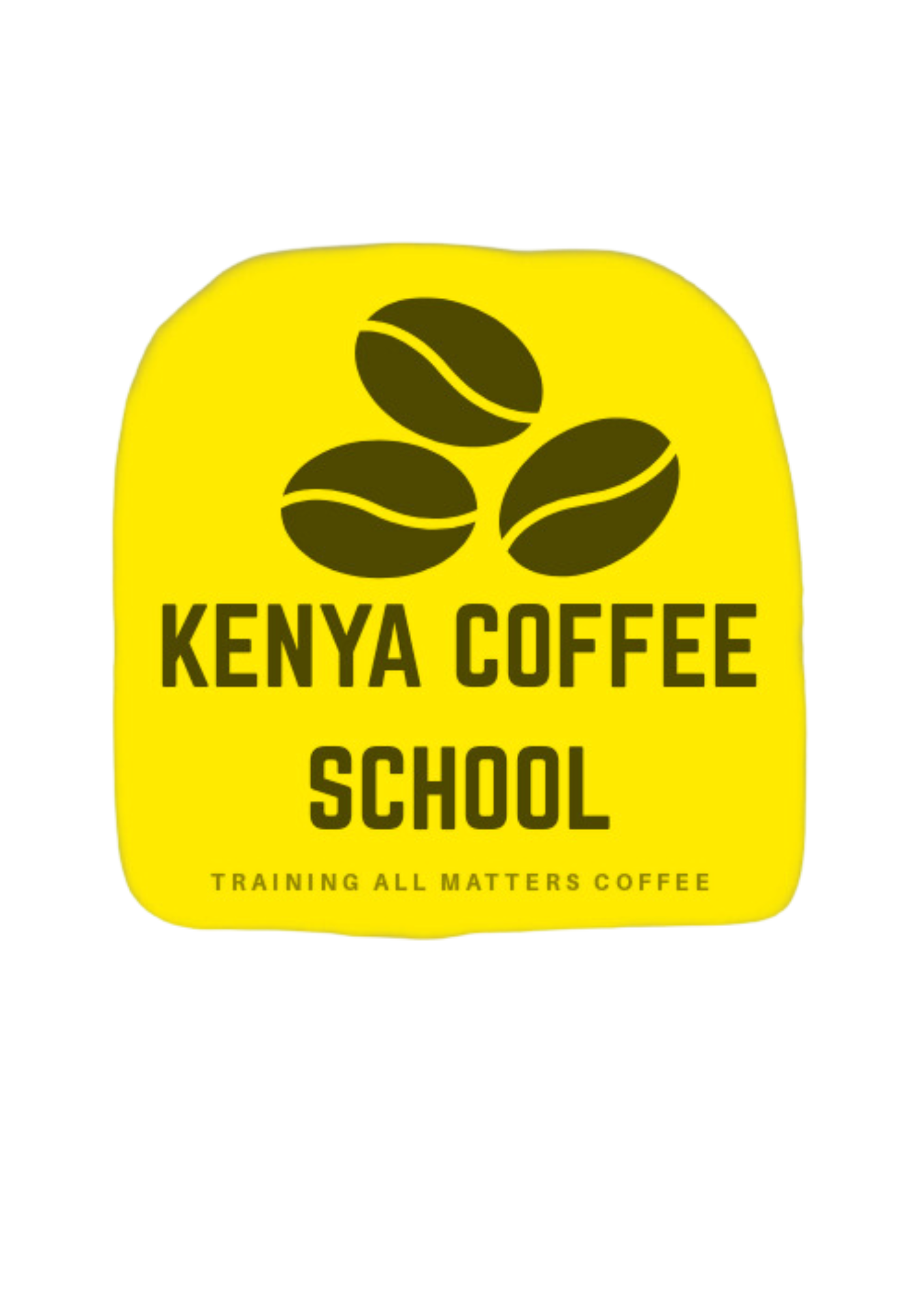Kenya Coffee School – Understanding the Digital World of Coffee
Although many farmers are going cycles of upgrading important faces of digitisation , many have been left out in understanding digitalisation and the benefits it comes with
Understanding Digitisation vs. Digitalisation in Coffee
To effectively implement Kenya Coffee School’s Digital Certification Program, it’s critical to distinguish between digitisation and digitalisation—two foundational concepts shaping the future of coffee sustainability and market access.
1. Digitisation: The First Step (Converting Analog to Digital)
Definition:
Digitisation refers to the technical process of converting analog information into digital formats. It’s about data representation, not systemic change.
Examples in Coffee:
✔ Scanning paper records of coffee yields into a digital database.
✔ Digitizing cupping scores from handwritten notes to Excel.
✔ Converting soil test results from manual logs to PDFs.
Impact:
- Improves record-keeping but doesn’t transform workflows.
- Enables data storage but doesn’t optimize processes.
2. Digitalisation: The Transformational Leap (System-Wide Change)
Definition:
Digitalisation leverages digitised data to reshape entire systems, creating new efficiencies, business models, and value chains.
Examples in Coffee:
✔ Blockchain traceability (farm-to-cup transparency replacing brokers).
✔ IoT soil sensors triggering automated irrigation alerts.
✔ AI-powered marketplaces matching farmers directly with roasters.
Impact:
- Redefines farmer economics (cutting out middlemen).
- Enables precision agriculture (data-driven decisions).
- Creates new revenue streams (e.g., digital roast profiling services).
3. Key Differences at a Glance
| Aspect | Digitisation | Digitalisation |
|---|---|---|
| Definition | Converting analog → digital | Using digital tools to transform systems |
| Focus | Data capture & storage | Process optimization & innovation |
| Change Level | Technical (individual tasks) | Strategic (entire value chain) |
| Example | Digitizing farm records | AI predicting optimal harvest times |
4. Why This Matters for Kenya’s Coffee Sector
Digitisation Alone is Not Enough
- Scanning paper contracts doesn’t eliminate exploitative middlemen.
- Digital cupping forms don’t automatically improve bean quality.
Digitalisation Drives Real Impact
- Farmers use mobile apps to sell directly to EU roasters (→ +300% income).
- Cooperatives adopt blockchain to prove sustainability (→ premium pricing).
- Youth leverage digital roasting skills to launch local brands (→ jobs).
5. Kenya Coffee School’s Approach
Phase 1: Digitisation Foundations
- Train farmers to digitize records (e.g., harvest logs, expenses).
- Deploy low-cost sensors to capture soil/weather data.
Phase 2: Digitalisation Transformation
- Use collected data to automate irrigation (cutting water waste 40%).
- Launch an e-commerce platform linking farmers to global buyers.
Certification Benchmark:
The Knowledge of Coffee Skills (KCS) framework evaluates both:
- Digitisation competence (Can you input data correctly?).
- Digitalisation mastery (Can you use data to boost yields and profits?).
6. The Bottom Line
- Digitisation = Tools (the “what”).
- Digitalisation = Strategy (the “how”).
- Kenya’s opportunity: Skip outdated analog systems and leapfrog straight to digitalisation—positioning its coffee as the world’s most tech-enabled and sustainable.
Next Steps:
Integrate this distinction into Kenya Coffee School’s curriculum to ensure farmers don’t just adopt tech—but harness it to transform their livelihoods.



